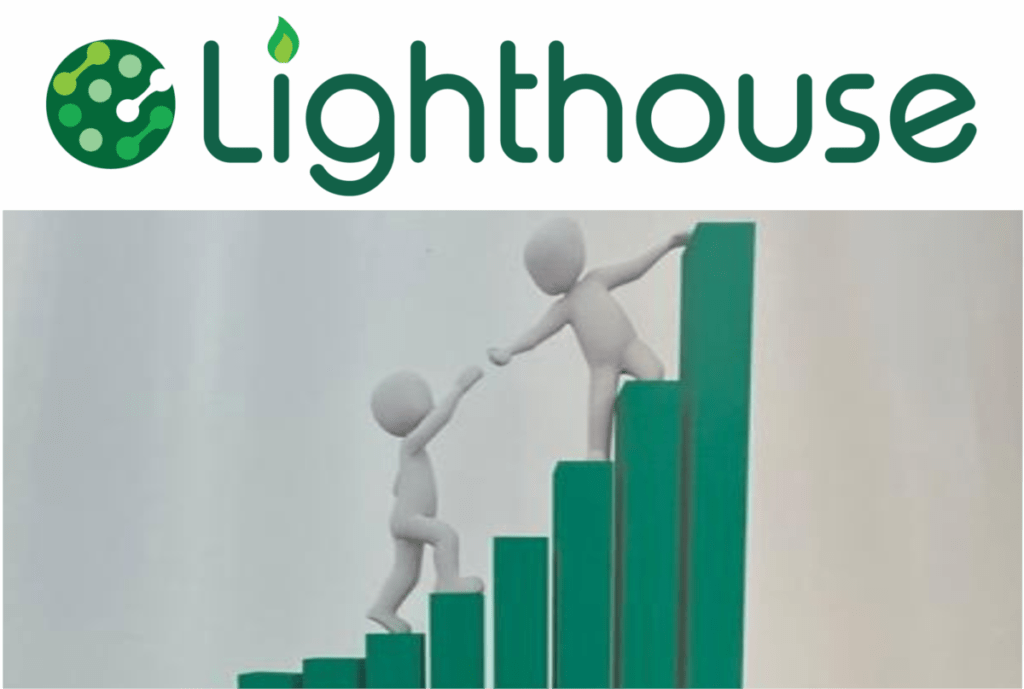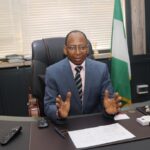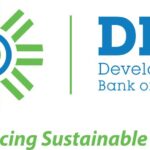The Ministry of Finance, Budget and National Planning yesterday presented to Federal Executive Council (FEC) a memo seeking approval for the N316.5 million second phase of Project Lighthouse, which is a component meant to expand the debt recovery capability of the project.
Project Lighthouse is a data engine that collects, integrates and analyses data from revenue generating agencies in order to create insightful information for improved decision making.
Messrs Carter House Consulting, a Nigerian technology company, that has worked with the ministry for three years, won the first phase of the contract in May 2019 and the second phase that is approved today is in the sum of N316.5 million.
“One major area that we have witnessed remarkable progress is in terms of recovery of debts owed to government. Generally, revenue loopholes have been aided by poor information sharing enforcement.
“So, this Protect Lighthouse shows us that many companies and individuals who owe government agencies have refused to honour their obligations, yet are still being engaged and transacted with, and even being paid on government payment platforms like Treasury Single Account (TSA).
In 2019, the ministry issued a directive to all ministries, departments and agencies (MDAs) to aggregate and sent to the ministry a list of all debtors and their outstanding amounts that are owed to government agencies. “This we have put together in one central fund that we call Project Lighthouse.
“Since that time, we have been able to aggregate N5.2 trillion worth of debts that are being owed to government by third parties, and as at today, we have been able to recover N49.7 billion of this amount through the efforts of works we have been carrying out through Project Lighthouse and we are still compiling.
Project Lighthouse has brought together data from Federal Inland Revenue Service (FIRS), the Nigerian Customs Service (NCS), Corporate Affairs Commission (CAC), as well as data from bank verification number (BVN) in one central pool. “Also, we are hoping we get data from three states; land registry data from the FCT, from Kaduna State, as well as from Lagos State, and other states will also be joining in the second phase.
“So, what this has done is enabling us to identify revenues that government can collect and actually be able to use the common platform to collect some revenues. We are leveraging this project to enhance our revenue collection capabilities.






